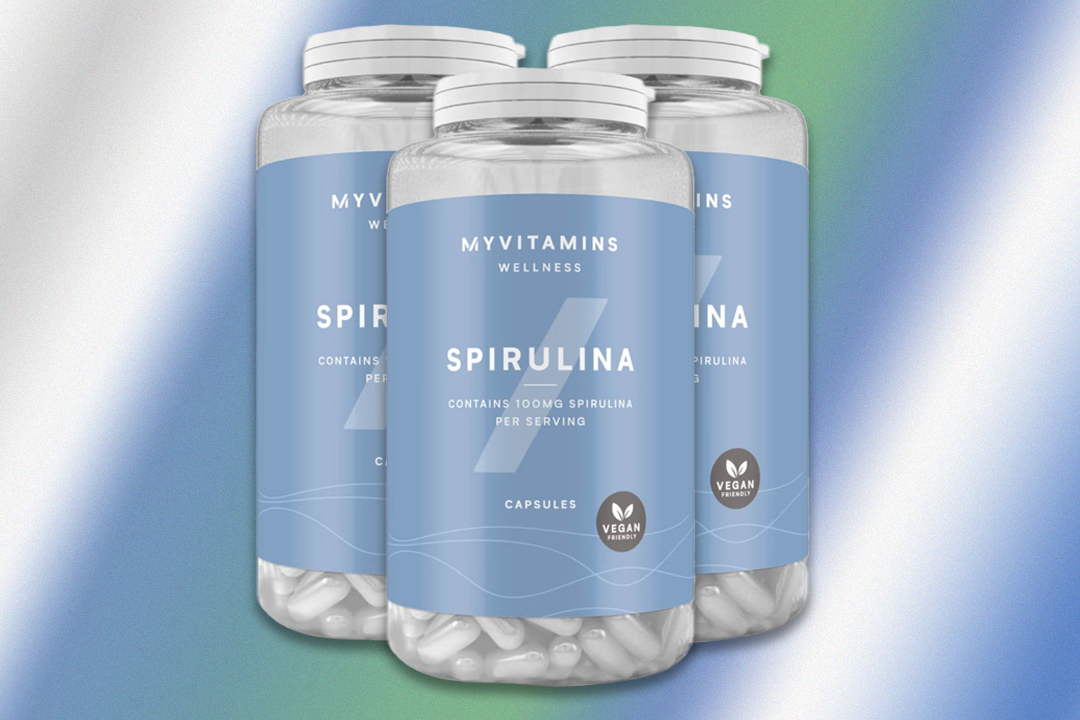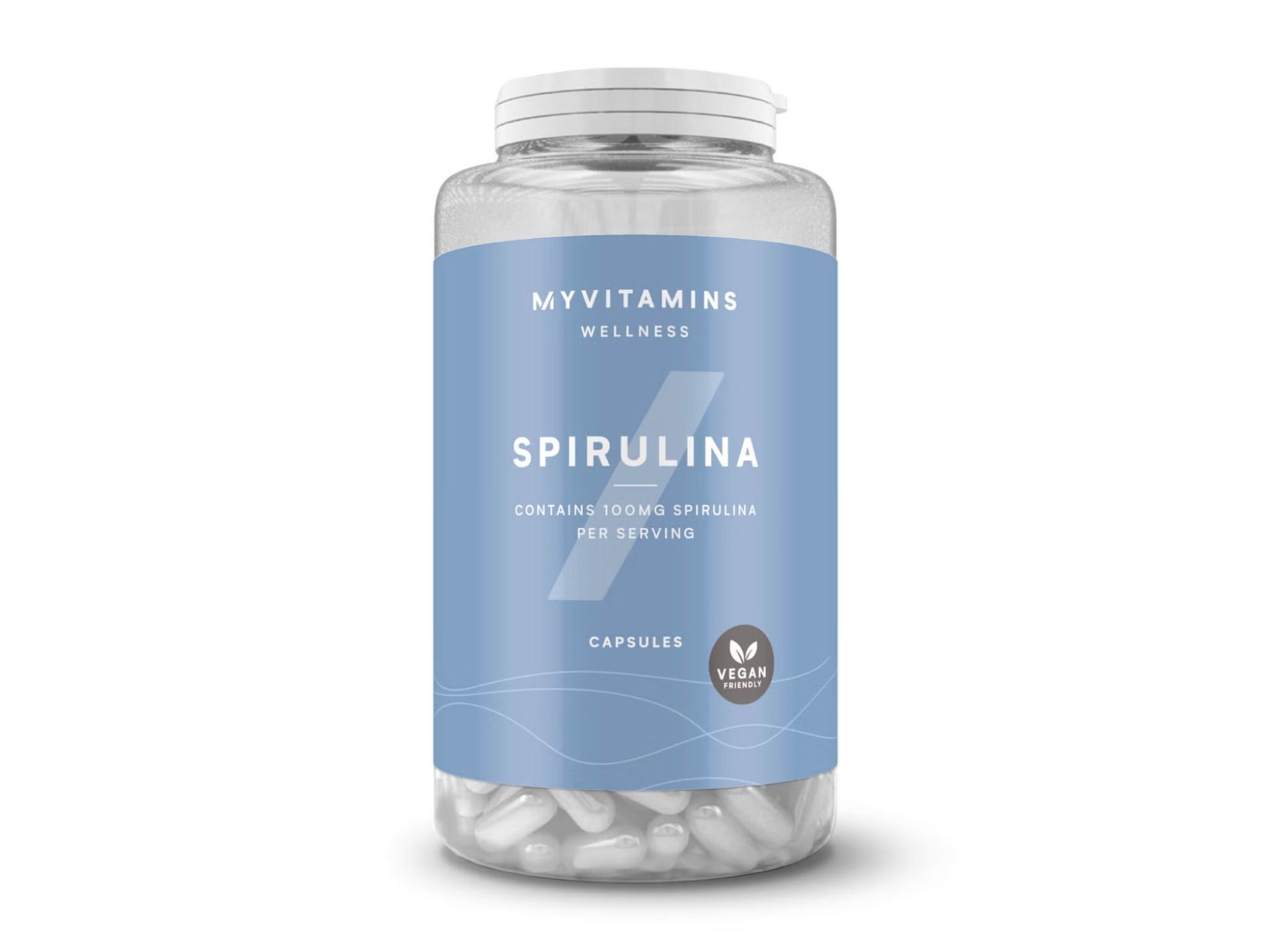What is spirulina and how does it support good health?
Spirulina has been consumed by humans for centuries, but should you take it as a supplement?


Your support helps us to tell the story
From reproductive rights to climate change to Big Tech, The Independent is on the ground when the story is developing. Whether it's investigating the financials of Elon Musk's pro-Trump PAC or producing our latest documentary, 'The A Word', which shines a light on the American women fighting for reproductive rights, we know how important it is to parse out the facts from the messaging.
At such a critical moment in US history, we need reporters on the ground. Your donation allows us to keep sending journalists to speak to both sides of the story.
The Independent is trusted by Americans across the entire political spectrum. And unlike many other quality news outlets, we choose not to lock Americans out of our reporting and analysis with paywalls. We believe quality journalism should be available to everyone, paid for by those who can afford it.
Your support makes all the difference.I first heard about spirulina in 2008 when a topless James Corden necked a post-workout glass of the stuff in Gavin and Stacey. In the scene, co-star Rob Brydon describes it as “pure, vegetable plankton, full of vitamins and minerals”, and it’s a fairly solid summary.
Spirulina is a type of cyanobacteria (more commonly known as blue-green algae) packed with nutrients. It has a long-standing reputation as a superfood and it can be taken as a supplement in tablet, capsule and powder form. You might also find it in certain health foods and drinks such as protein bars and smoothies.
While scientific studies into spirulina are limited, humans have been harvesting and using it as a cooking ingredient for hundreds of years. Aztec messengers reportedly ate dried spirulina cakes with corn, tortillas and beans to fuel themselves during long journeys. The protein-rich substance has also been successfully used as a dietary supplement for NASA astronauts during space missions.
What is spirulina?
Spirulina is nutrient-dense and packed with components that supposedly support longevity. As it’s derived from algae, it’s found naturally in the sea and salty lakes in certain warmer climates but it can also be grown in man-made environments. Due to the nature of where it comes from, it can have a mildly seawater-like flavour and it lends any liquid a dazzling blue-green colour.
It‘s been harvested by humans for hundreds of years, to be used in recipes and more recently, consumed on its own as a protein-rich supplement. As a supplement it can be taken as a powder, a tablet or a capsule for those wanting to manage their dosage more easily. The powder can also be used in recipes for the likes of energy balls, protein bars and smoothies.
What are the benefits of spirulina?
Spirulina has an impressive nutritional breakdown. It’s protein-rich, with 4g of protein per 7g tablespoon, and contains several essential amino acids – specifically those amino acids the body can’t make by itself – which play a part in muscle growth and regulating immune function.
Spirulina also contains thiamin, riboflavin and niacin. Riboflavin, thiamin and niacin are all B vitamins which help the body convert food into fuel for energy. Thiamine also supports a healthy nervous system, while niacin can improve cholesterol levels.
According to a 2015 review paper, “spirulina has several benefits for improving weight loss, dyslipidemia [abnormal levels of lipids in the bloodstream] and obesity. However, further research including larger clinical trials would be warranted for confirming these benefits.”
This superfood also contains copper and iron, essential minerals, pivotal in making white and red blood cells, with the latter responsible for carrying oxygen around the body. Copper also contributes to the maintenence of a healthy immune system.
Spirulina is a source of beta-carotene too. This is a provitamin A, meaning it can be converted into vitamin A which bolsters your immunity and keeps your skin healthy. And if that wasn’t enough, beta-carotene is also an antioxidant (a substance that protects cells from free radicals – unstable molecules which can cause damage to cells and contribute to chronic health conditions).
As with any supplement, you should consult with your doctor before adding spirulina to your diet if you’re taking blood thinners, you have a bleeding disorder or an autoimmune condition or phenylketonuria (PKU) – a rare inherited disorder where you cannot break down the amino acid phenylalanine.
The spirulina supplement to buy
Myvitamins spirulina: Was £6.99, now £3.43, Myprotein.com

These capsules are a practical and affordable way to add spirulina into your diet. They’re gluten-free, vegan-friendly and come in tubs of 60, to be taken twice-daily. So, a single pot will see you through a full month.
A source of protein and amino acids, by taking spirulina in capsule form, you can easily control the dosage and these capsules contain 1,000mg per serving. They’re also ideal if you’re concerned about the flavour of algae in your juices and smoothies.
Join our commenting forum
Join thought-provoking conversations, follow other Independent readers and see their replies
Comments